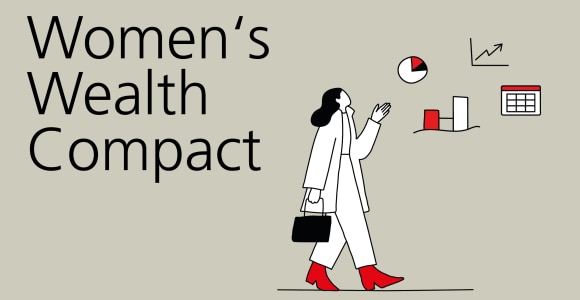Women’s Wealth Compact
In focus: pension planning for women
New studies and analyses show that most of us should expect a pension gap. However, women often have a greater gap than men. Read on to find out the reasons for this and how to close the gap.


